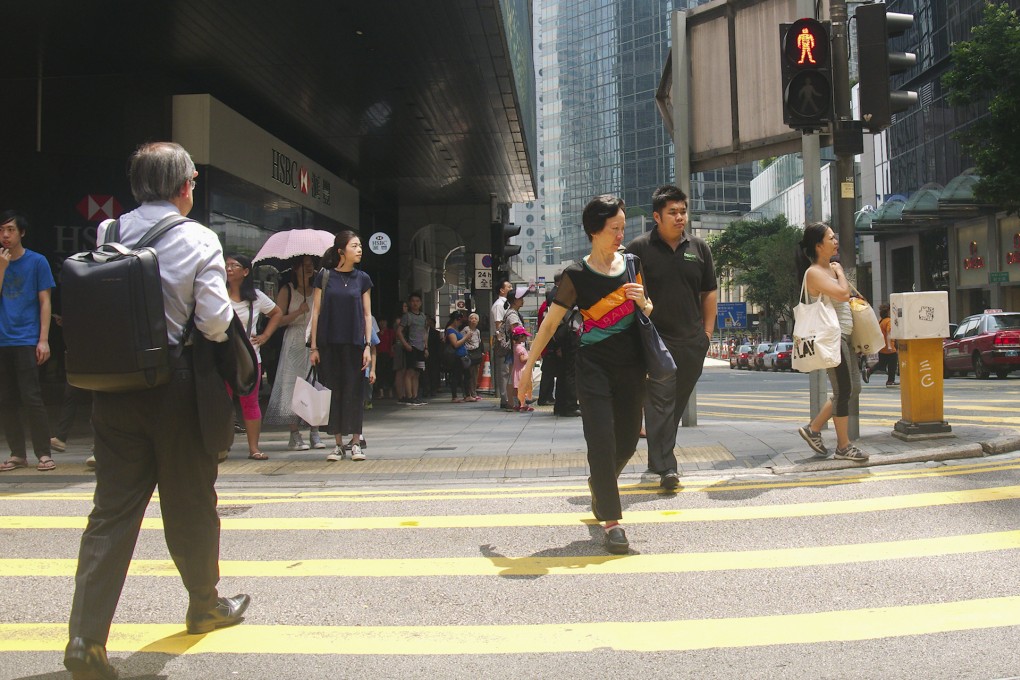My Take | Why Hong Kong’s ‘lamentable’ jaywalking trial is not an isolated case
- The appeal court’s findings into the case are damning. Hong Kong cannot afford such cases especially as it seeks to persuade the world that the justice system is alive and well

The health of Hong Kong’s legal system is often assessed with reference to high-profile, politically sensitive cases. But most people’s engagement with the courts involves more humdrum matters. It is just as important that routine disputes are resolved fairly and efficiently.
Last month, the Court of Appeal reviewed what should have been a simple jaywalking case. A Nepalese woman, Kamala Thapa, was hit by a taxi when crossing the road in April 2016. She suffered serious injuries.
But that was not the end of her ordeal. Thapa was prosecuted for “negligently endangering her own safety as a pedestrian”. She denied the allegation, claiming the taxi was speeding and unlawfully crossed the central dividing line.
Her trial on this minor traffic offence was expected to last two days. But it was to drag on for 21 months, taking up a staggering 91 days of valuable court time.
How could this happen? Much time was wasted on peripheral matters. There were unnecessary delays and disruptions. The proceedings often descended into unseemly squabbling between Deputy Special Magistrate Ho Lai-ming and defence lawyers, with inappropriate language used and “scandalous exchanges”, said the appeal court.
Barrister Kelvin Leung Yiu-cheung, at one point, asked the magistrate whether she was insane. He quickly withdrew the remark, but it was seen by the appeal court as a “frontal attack” on a presiding judicial officer. The magistrate, meanwhile, described the barrister as “ignorant” and told him not to talk until she said “full stop”.
